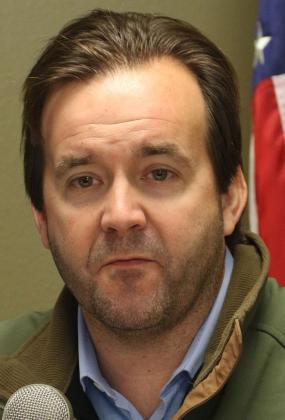
Louisiana’s economy was dealt another blow Monday when the price of a oil dropped below $0 a barrel.
Experts attributed the price that meant people would have to be paid to accept oil to market technicalities, but the reality is people like State Rep. Phillip DeVillier are going to have adjust their sights on the state budget and economy.
The last time legislators budgeted, the estimate was for oil to be at about $55 a barrel.
DeVillier called Monday’s oil price “extremely eye-opening.”
Oil’’s price had been undercut by a price war between Russia and Saudi Arabia and then the COVID-19 shutdown vaporized demand.
“For every dollar we have as far as the price of oil goes it reflects about $12 million to our state budget,” DeVillier said.
“Whenever you have fluctuation in prices like this we have to be extremely cautious on how we spend money as far as the state goes and how we fund government,” he said.
A more realistic price for oil is about $21 a barrel for June delivery, still far short of the $50-plus price the state budget is based upon.
“When you look at what people are asking businesses to do and I think that is the same thing we have to do when we look at our state government,” DeVillier said.
The state’s Revenue Estimating Conference, a panel composed of independent economist Stephen Barnes, House Speaker Clay Schexnayder, Senate President Page Cortez and Commissioner of Administration Jay Dardenne, the governor’s budget chief, is to meet about a week from now, DeVillier said.
The situation will be similar to the questions faced in 2016 as the state faced cuts or tax increases, he said.
The state’s general fund is budget at about $10 billion.
There will be federal dollars coming to the state that may help absorb some of the impact of lower state revenues, he said.
The economic stress is an opportunity to fix policies to create jobs, he said.
“I think it is also an unbelievable opportunity to fix our infrastructure,” he said.
“I just think we’ve got to do every single thing we can to put people back to work,” he said.
DeVillier also thinks a bill he introduced to change severance taxes may go on a fast track for approval. And, he has a resolution to suspend royalty payments.
The Legislature also should continue to work on the legal climate, he said. Those changes include coastal and legacy lawsuits.
But fixing the tax structure to get people back to work is the most immediate need, he said.
Once people return to work the demand for oil will resume, he said.
